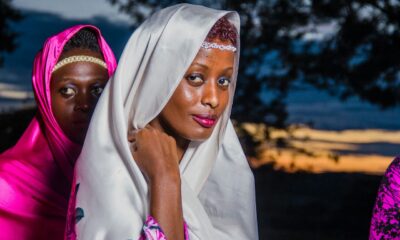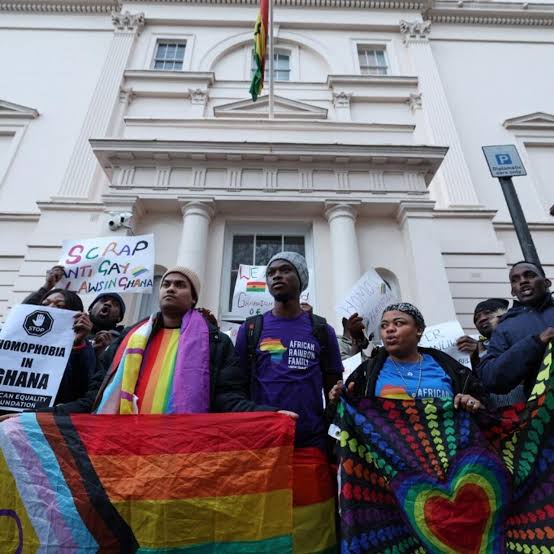African traditional beliefs and spiritualism played out when some indigenes of Ile-Ife in Osun State, Nigeria, stormed the campus of one of the oldest universities in the country, Obafemi Awolowo University (OAU), with assorted charms, amulets and other fetish objects, to force out the newly appointed Vice-Chancellor of the institution which is located in the town.
Their grouse?
The indigenes of the town were angry that the new VC was not one of them but someone from another town, despite the fact that there are eminently qualified natives who can take up the position.
The University’s Governing Council led by its Chairman, Chief Owelle Udoji, had on Thursday, March 17, announced Prof. Adebayo Simeon Bamire, a Professor of Agricultural Economics as the 12th substantive Vice-Chancellor of the university.
But the decision of the Council angered the indigenes and to show their grievances, they decided to go spiritual and storm the main campus of the school with their charms and paraphernalia of their spirituality.
The indigenes who are adherents of the traditional Yoruba religion, invaded the institution with charms and other fetish objects, and closed the two major gates of the institution, and prevented staff, students, and other stakeholders from coming into or leaving the campus.
The University’s Public Relations Officer (PRO), Abiodun Olarewaju, who confirmed the incident in a statement, said the people “became very violent as they beat up workers, particularly the staff of the Security Unit, and vandalised their office at the main gate.”
“The protests by the Ife indigenes started on Thursday, March 17, 2022, shortly after the University Governing Council, led by its Chairman, Owelle Oscar Udoji, announced a Professor of Agricultural Economics, Prof. Adebayo Simeon Bamire, as the 12th substantive Vice-Chancellor.
“On Monday, March 21, 2022, things took more dangerous dimensions as the indigenes beat up some OAU students whom they met at the gate, blocked the two major gates as early as 6: 00 am, and came into the campus with charms, and other fetish items.
“They assembled at the motion ground of the University Secretariat, dressed in all-white spiritual traditional attire, chanting incantations while performing rituals.
Indigenes of Ile-Ife pride themselves as the true custodians of Yoruba culture and traditions and are known to settle their differences with the employment of their revered charms.
Watch Video here:
The Yorubas of Nigeria believe their civilization began in Ile-Ife where the gods descended to earth, thus the name, Ile-Ife, which literally means “place of dispersion.”
According to Yoruba tradition and mythology, Ife was founded by the deities Oduduwa and Obatala when they created the world. Obatala was said to have fashioned the first humans out of clay while Oduduwa became the first divine king of the Yoruba people.
The first traditional ruler, the Oòni of Ife, was said to be a direct descendant of Oduduwa, which was the 401st Orisha.
Ife is home to many traditional worshippers of deities and is where they are routinely celebrated through festivals.

 VenturesNow1 day ago
VenturesNow1 day ago
 Musings From Abroad1 day ago
Musings From Abroad1 day ago
 Metro1 day ago
Metro1 day ago
 Metro10 hours ago
Metro10 hours ago



















